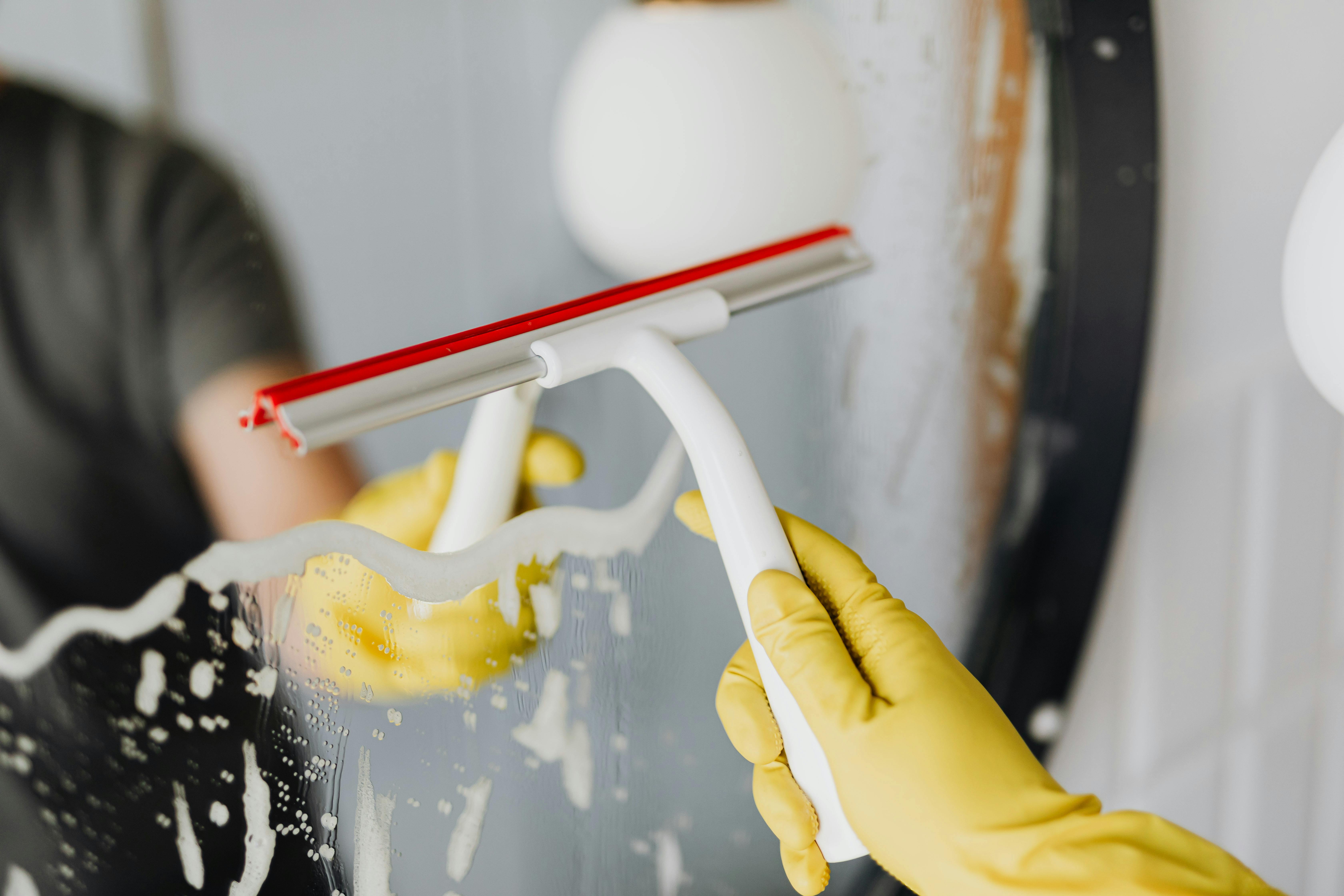Distilled water is a type of purified water that has had all its impurities removed through a process of distillation. This type of water is commonly used in scientific laboratories and in the medical field. It can also be used for various household purposes such as drinking, cooking, and cleaning. In some cases, it is even recommended for use in certain appliances due to its purity level. Therefore, it’s important to understand when distilled water should be used and why.Distilled water is water that has been boiled into vapor and then condensed back into liquid form. It is free from minerals, salts, and other impurities, making it purer than tap or spring water. Distilled water is often used in steam irons and car batteries, as well as for drinking and cooking.
How is Distilled Water Made?
Distilled water is made by boiling water and then condensing the steam back into liquid form. This process removes any impurities, minerals, and chemicals that may be present in the water. The condensed steam is then collected in a container where it can be used as drinking water. The boiling process kills any bacteria or other organisms that may be present in the water. This makes distilled water safe to drink and use for other purposes.
The process of distillation works by heating the water until it boils. As the liquid boils, it turns into steam which rises up and is collected in a condenser at the top of the unit. The condenser cools down the steam and it returns to its liquid form. The condensed liquid is then collected in a separate container, leaving behind any impurities or contaminants that were present in the original source of water.
Distilled water has many uses, from drinking to cooking, cleaning, and even medical applications. It is an important component for many industrial processes and can also be used for making beverages such as coffee or tea. It is also frequently

When Should You Use Distilled Water?
Distilled water is one of the purest forms of water available and is often used in a variety of applications. It is essential to use distilled water for certain scientific experiments, medical treatments, and other processes. Distilled water has a number of advantages over other types of water, including its lack of minerals or impurities. It also has a neutral pH level, meaning it does not affect the environment in which it is used.
Distilled water is often used in medical facilities for treatments such as dialysis and kidney transplants. It is also used to prepare medicines, clean instruments, and even to make saline solutions for IV infusions. Additionally, distilled water can be used in aquariums to prevent the buildup of minerals that can harm fish or plants.
In scientific experiments and laboratory settings, distilled water is often preferred because it eliminates any variables that could affect the results. This makes it easier to draw conclusions from experiments as well as create accurate records or measurements. Distilled water has also been found to be useful in industrial processes such as cooling systems or boilers because it does not contain any impurities that could cause corrosion
What Are Alternatives to Distilled Water?
Distilled water is water that has been boiled and then evaporated, leaving behind any impurities. While it’s a great way to get rid of most contaminants, it can also be expensive and time-consuming. Fortunately, there are other options available for people who want to remove contaminants from their drinking water.
Reverse Osmosis
Reverse osmosis is a process that forces water through a semipermeable membrane, which filters out bacteria, viruses, and other contaminants. It can be used to purify both tap and well water. Reverse osmosis systems are more expensive than distilled water systems but they can also remove more contaminants.
Activated Carbon Filters
Activated carbon filters are an effective way to filter out chlorine, sediment, and other organic compounds in tap water. They can also reduce the taste and odor of chlorine in drinking water. Carbon filters need to be replaced regularly in order to maintain efficacy, but they are generally much less expensive than reverse osmosis systems or distilled water
How to Store and Handle Distilled Water?
Distilled water is a type of purified water that has had all the impurities filtered out. It is often used for drinking, medical use, and in scientific experiments. Handling and storing distilled water correctly is essential to ensure it remains pure and uncontaminated. Here are some tips on how to store and handle distilled water:
Store Distilled Water Correctly
Distilled water should be stored in a clean, sanitized container that is made from food-grade plastic or glass. Avoid containers made from copper or galvanized steel as these metals can leach into the water over time. Always make sure the container lid is closed tightly when not in use to prevent contamination from entering the container. When transferring distilled water to another container, it should be done with care to avoid contamination.
Handle Distilled Water Safely
When handling distilled water it is important to wear gloves and goggles to avoid contamination from skin contact or splashing. Always use clean utensils when transferring distilled water from one container to another or when adding any ingredients such

Conclusion
Distilled water is a great choice for many purposes, such as cleaning, cooking, and even drinking. It is essential for use in many medical and laboratory applications, as well as for creating solutions with specific chemical compositions. Furthermore, it can be used to solve various problems that are caused by mineral content in untreated water. In general, distilled water should be used when it is necessary to remove all forms of impurities from the water. This includes bacteria, viruses, dissolved minerals, and organic compounds. Ultimately, distilled water offers an effective and reliable way to ensure that the user is getting pure and safe water.
In short, distilled water can be beneficial when it is necessary to have pure and clean water free from all types of impurities. While there are some drawbacks associated with its use such as the lack of minerals which can be beneficial for health, these drawbacks can be outweighed by its advantages when used in the right context. Therefore, it is important to understand the pros and cons associated with distilled water before making a decision about when to use it.

